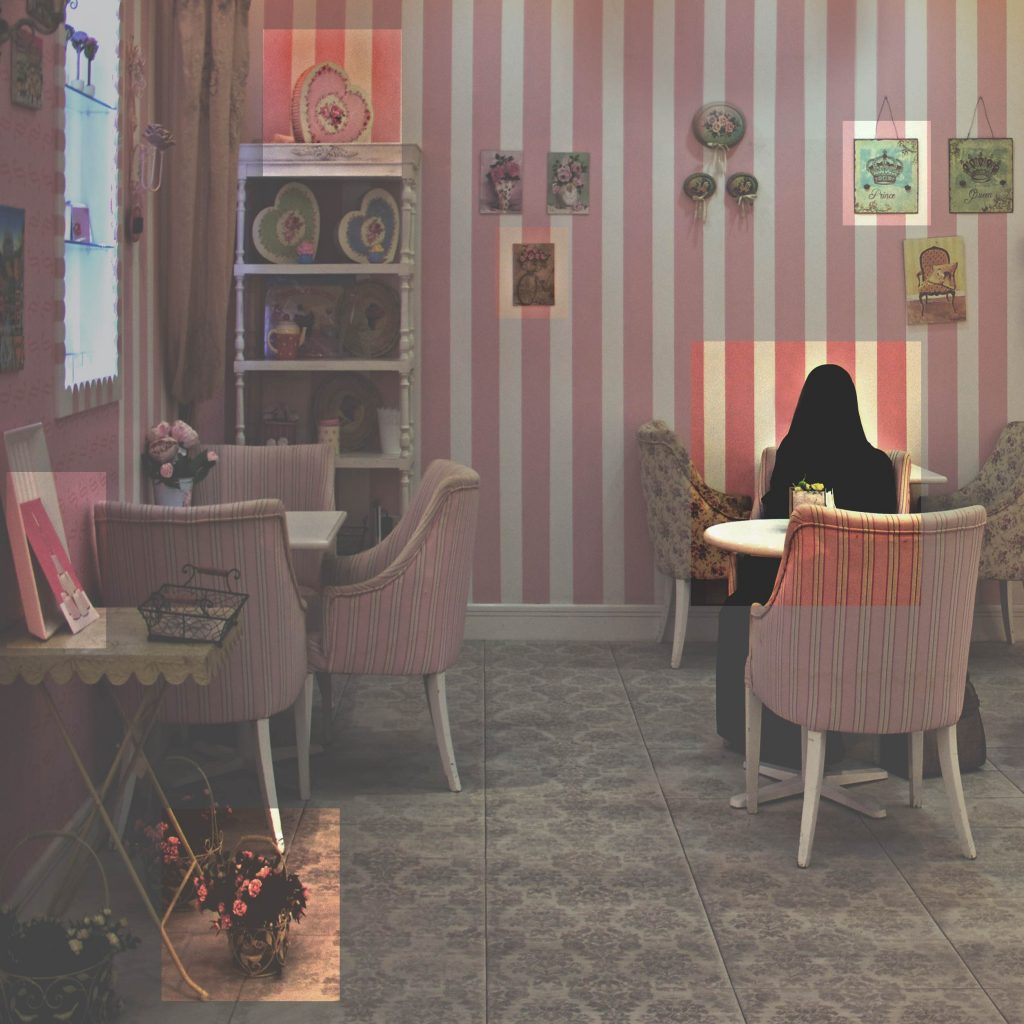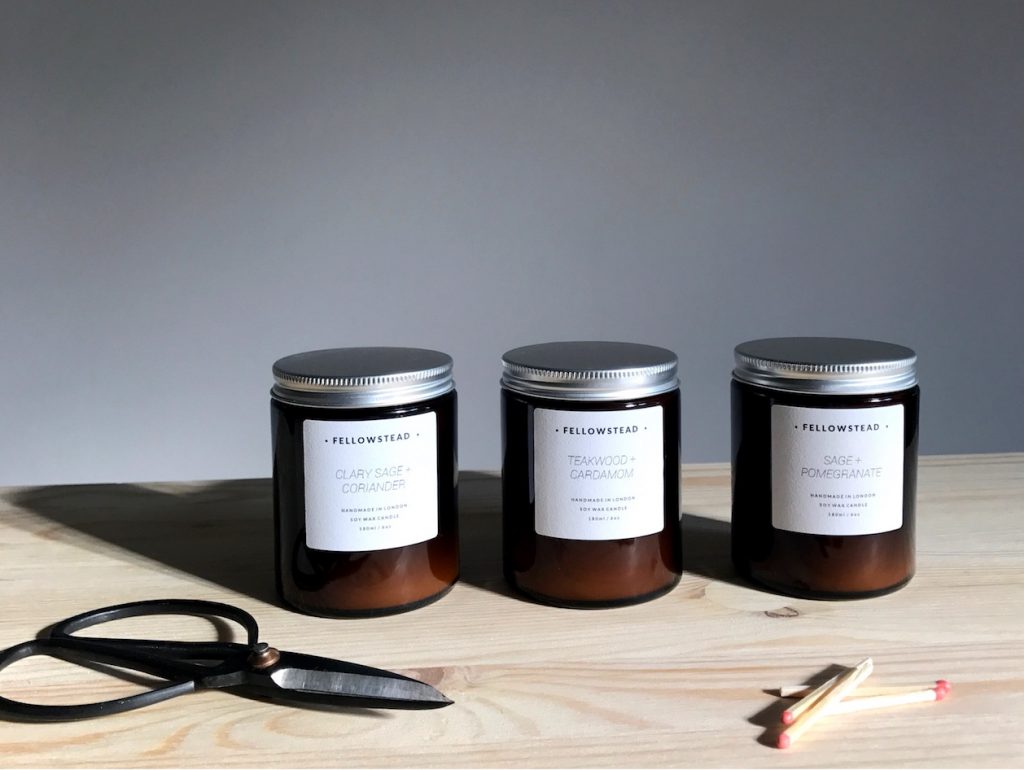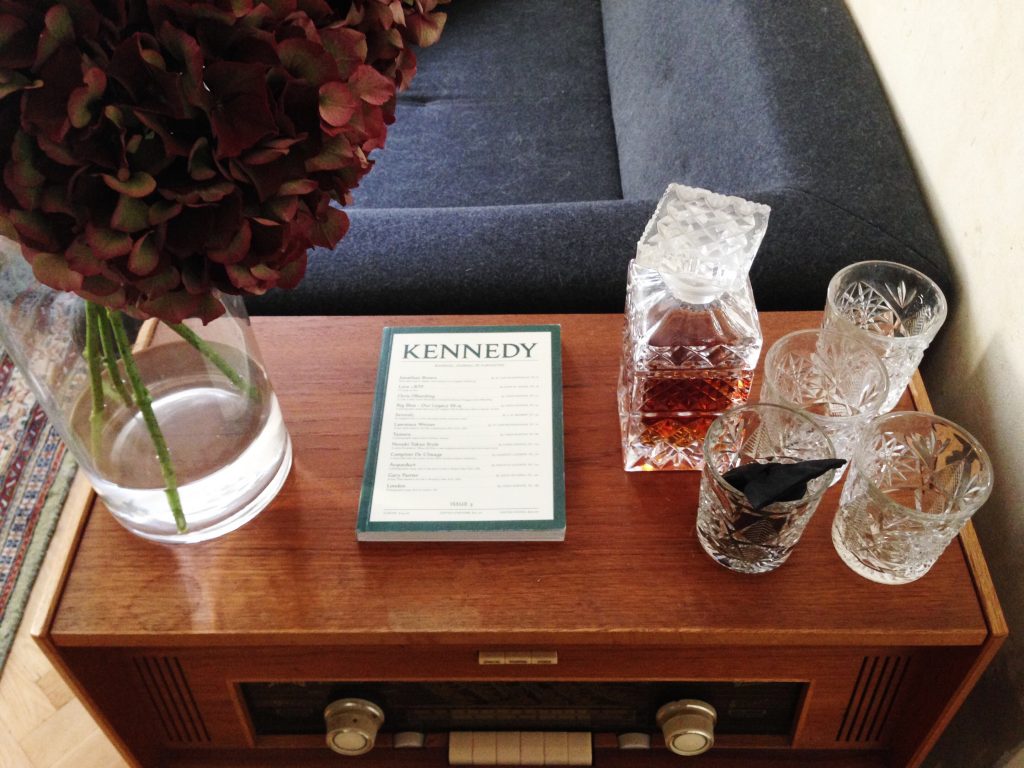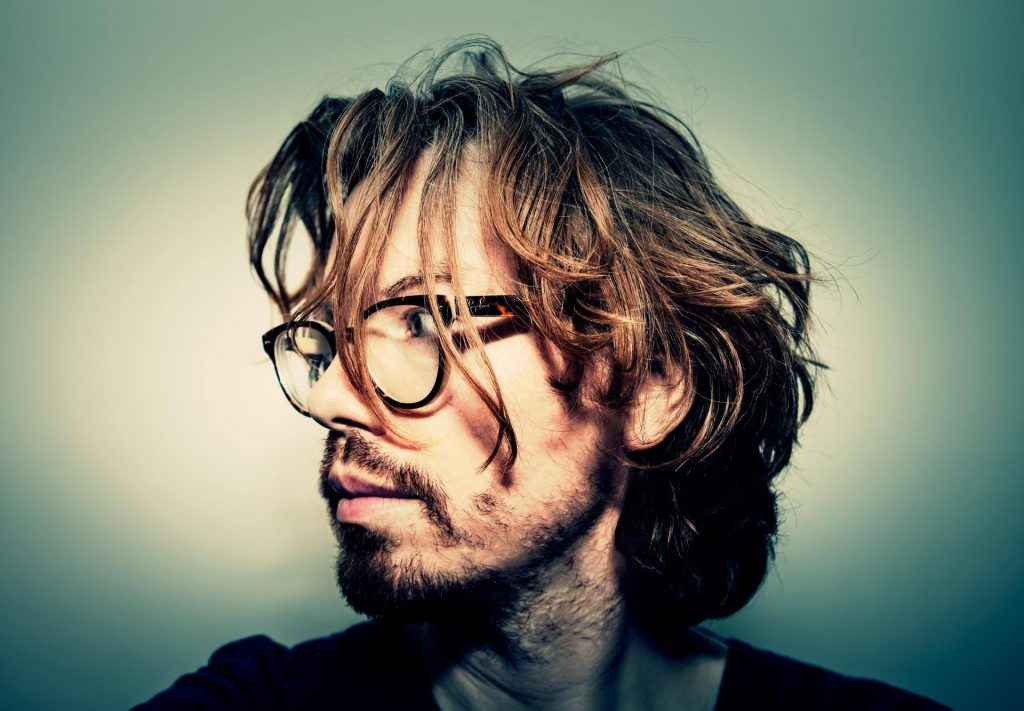There are certain songs that evoke the same emotions in us time and time again. As soon as the first chord is struck, our hearts ignite with love, excitement or even sorrow; at the sound of the first beat, our mind, body and soul merge into one and yearn to interpret these lyrical feelings through movement and expression. The marriage of words and melody is a powerful artform capable of reaching the very depths of our subconscious being, and encourages us to belt out unresolved emotions through song, to stomp our frustrations and angers into the floor to the rhythm of energetic beats. But words need not necessarily be accompanied by melodies – each word has its own rhythm, each story its own melody, and spoken word performer Agnes Török is eager to teach the world how to use this artform in the pursuit of happiness.
Agnes has been writing for as long as she can remember and as any great writer does, she found inspiration from other artists and poets, particularly on YouTube. Fascinated by the many spoken word performers to be found on the channel, she signed herself up for her very first Poetry Slam.
“I’d only written one poem I thought of as ‘spoken word’-y; I had memorized the text and practiced movement, thinking about body language and audience interaction. But when I did that first spoken word poem at my first poetry slam, something fell into place. I felt like I was in the right place at the right time. I felt mighty. I felt like if I spoke faster, or took longer pauses, I could actually control time. I could decide how fast the audience’s hearts were beating. There was so much freedom and power in that. I’ve been in love with spoken word as a medium to communicate the really important stuff ever since.”
Her poems deal with contemporary issues and social commentary she presents in an engaging manner that inspires conversation and urges audiences to keep the dialogue going. Touching up on topics such as our government and the injustice of the systems provided within (Worthless), the power of culture and language (Life or Death Bilingualism) and the need for tolerance, conversation and understanding in our political climate (Teach Me), Agnes’ poetry offers hope and shines lights on all the ways in which we can better our future. The one topic that prevails in her work however, is happiness. Having studied happiness on an academic level, she soon found that the most sought after state of being can be taught as an art form.
“I had spent a year living according to happiness research. I had been diagnosed with Post-Traumatic Stress Disorder, and began finding coping mechanisms for my own mental health. I had developed Wellbeing Writing, a method of using creative writing to cope with mental ill health and celebrate the positives at times in life when things are rough. It was a wonderful and terrifying journey, and in the end, I found that creating, and sharing what we create, were the path forward. Not just for me, but for the many people I guided through writing workshops and read about in research papers. The reason I do these exercises is that creativity and community are hugely important to wellbeing regardless of where we you are at in your mental and physical health right now, because these are ingredients for a good life regardless of timing. I can’t teach anyone anything they aren’t ready to apply to their lives, and I don’t have answers for the meaning of life (although I’d love it if I did!). But writing exercises are a great method for communicating with yourself, and having those important and difficult conversations you sometimes need to have. I can’t give my participants answers, but what I can do is give people tools to find their own answers, and to overcome their own challenges. To cope with their difficulties and to celebrate their daily victories.”
Agnes offers her Wellbeing Writing workshops to people of all ages and varying backgrounds, and it is clear that participants truly reap the benefits of happiness as an artform.
“I run Wellbeing Writing workshops for all kinds of groups of people – primary school pupils, co-workers, university staff and students. I’ve run them with groups of people who are really struggling with their mental health due to depression or recent loss or traumatic experiences. And I’ve had participants at retreats who are looking for a happiness boost, and are already feeling pretty good about their lives. In the end, what I facilitate in the workshops are people accessing tools that they use when and how they need them. Tools to appreciate the good stuff in their lives, and to help cope with the difficult stuff. Some people have written to me after a workshop and told me they are now starting every day using the exercises I taught them. That it helps them to get out of bed in the morning. That it has gotten them through some really rough patches. Others think of it as a way to start their creativity, to play around with words, and to experience joy. So far, the feedback from age six through age 76 has been overwhelmingly positive.”
By introducing workshop participants to these tools, Agnes motivates people to find the same beauty and remedies in writing and poetry she has found in her own art and that of others. Like Agnes, her students will be able to pin-point the exact moment they became aware of the power of art and poetry, many years from now, as powerfully as she describes her own epiphanic moment:
“The first time I ever read good poetry. The first time I ever heard spoken word. Things that can make me laugh out loud or cry about someone I’ve never met or give me goose bumps – these have always been my inspiration, my joy, a lot of the meaning and direction in my life. And then there are all the ways in which art and poetry affects us not just personally but politically, collectively. When I began writing in English (my first language is Swedish) while living in Cape Town, South Africa, I came into an art world of fierce political commentary and truly revolutionary art-making. And it was incredible. It has informed so much of what I want to do with my art, with my writing, with my life. Because art connects us to each other, leads us down new paths of thinking and being and doing together. And I can’t think of anything more meaningful to spend my days doing.”
If you’d like to help Agnes Török continue creating meaningful poetry and spoken word performances, support her via Patreon for as little as $1 a month!




